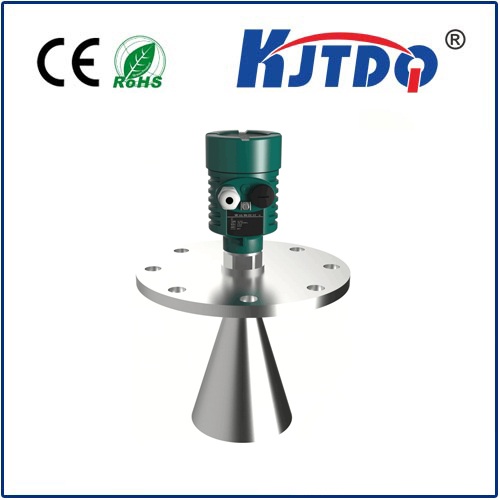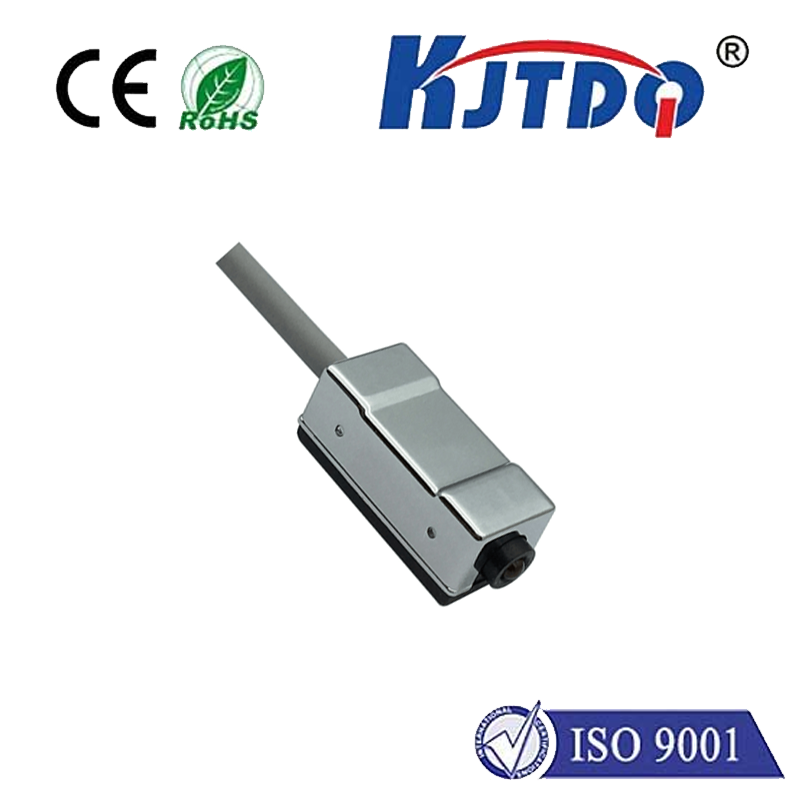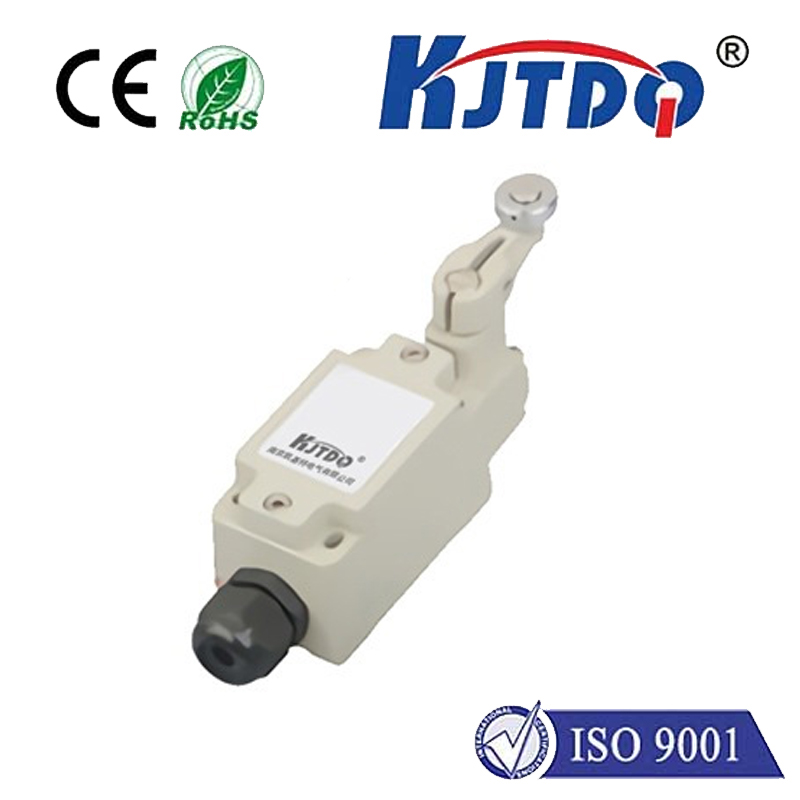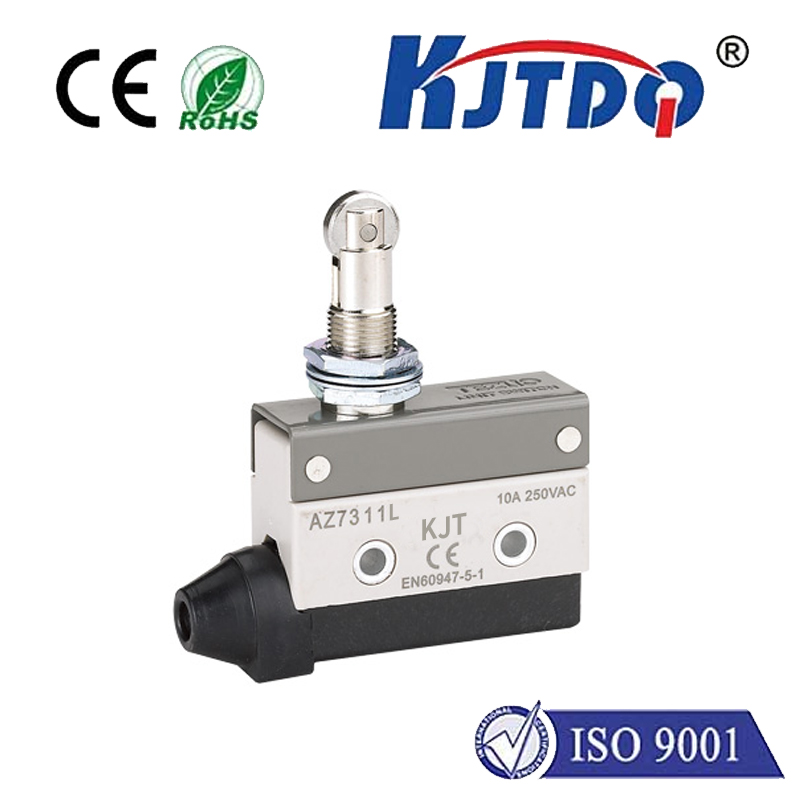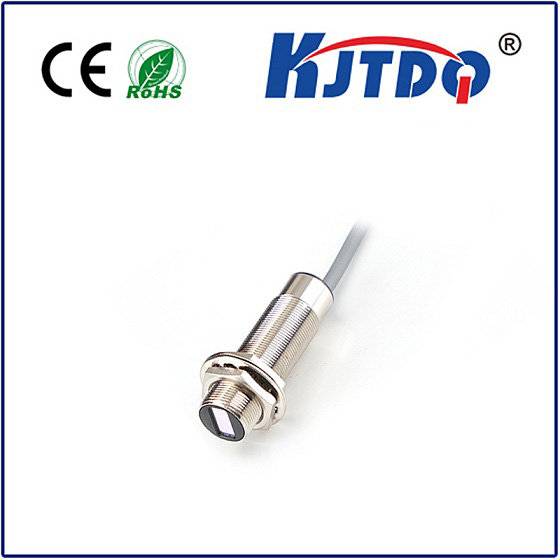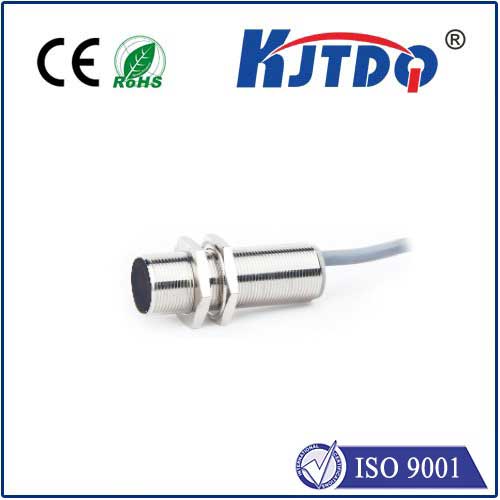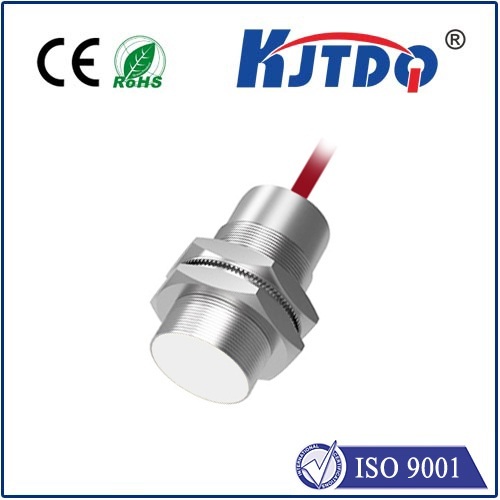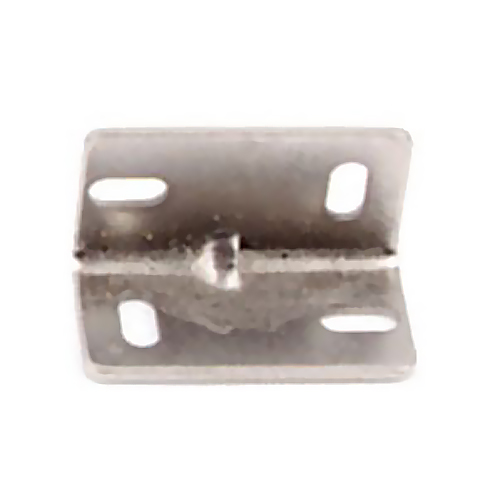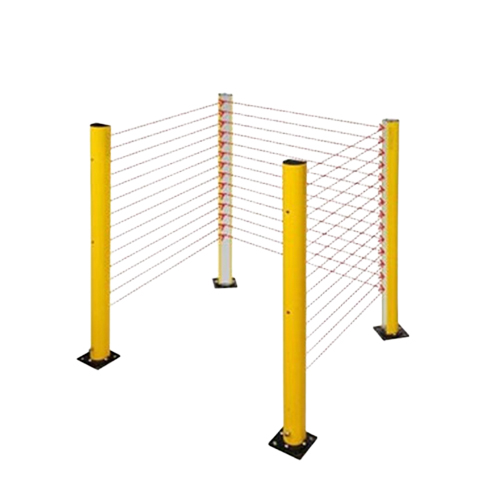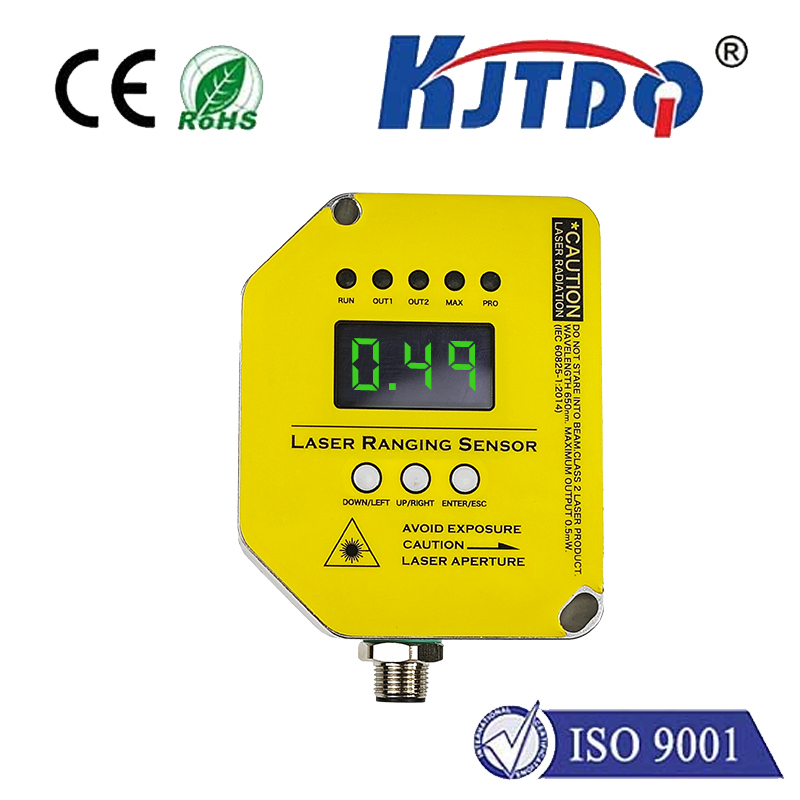

check

check

check

check

check

check

check

check

check

check
Title: Unleashing the Power of Laser Sensors: A Revolution in Sensor Technology
Introduction:
The world of technology is constantly evolving, and one area that has seen a significant breakthrough in recent years is the development of laser sensors. These cutting-edge devices have revolutionized the way we perceive our environment, providing us with accurate and reliable data in real-time. In this article, we will explore the various applications of laser sensors and their impact on various industries.
Section 1: The Basics of Laser Sensors
A laser sensor is a type of sensor that utilizes infrared radiation to detect changes in the distance between two objects. It works by emitting a pulse of light and measuring the time it takes for the light to bounce back after hitting an object. By analyzing this time difference, the sensor can determine the distance between the two objects with high accuracy.
One of the most significant advantages of laser sensors is their ability to operate in environments with poor visibility. This makes them ideal for use in industrial and commercial settings where traditional sensors may not be effective. Additionally, laser sensors are highly sensitive, making them ideal for detecting small changes in distance or position.
Section 2: Applications of Laser Sensors
There are numerous applications of laser sensors, ranging from industrial automation to consumer devices. Some of the most common uses include:
1. Industrial Automation: Laser sensors are commonly used in manufacturing processes to monitor machine performance and detect errors in production lines. They can also be used to track the movement of goods in warehouses and supply chains.
2. Automotive Industry: Laser sensors are essential components in automotive safety systems, such as adaptive cruise control and collision avoidance. They provide real-time information about the vehicle's surroundings, allowing drivers to react quickly to potential hazards.
3. Healthcare: Laser sensors are being developed for use in medical applications, such as non-invasive imaging techniques and diagnostic procedures. They can help doctors detect diseases like cancer at an early stage, improving patient outcomes.
4. Consumer Electronics: Laser sensors are now commonly found in smart home devices, such as thermostats and security systems. They allow these devices to detect changes in the environment and adjust accordingly, making homes more energy-efficient and secure.
Conclusion:
Laser sensors represent a significant advancement in sensor technology, offering unparalleled accuracy, reliability, and versatility. As their applications continue to expand into new areas, it is clear that they will play a crucial role in shaping the future of various industries and enhancing our daily lives.
